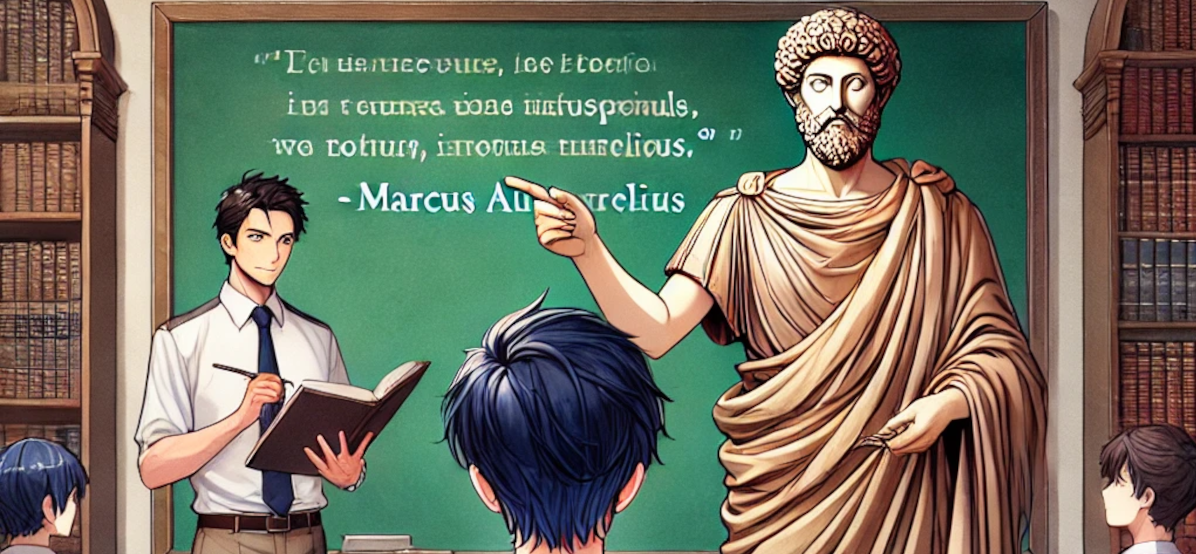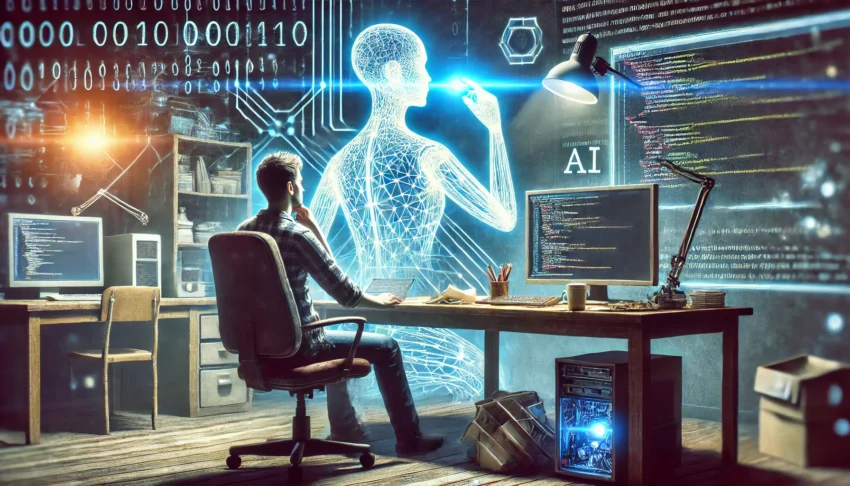In the early days of the internet, owning an email address was considered strange. It was a tool for the tech-savvy, a curiosity for the masses, and often dismissed as unnecessary. Fast forward a few decades, and not having an email address is nearly unthinkable. The digital age has rapidly evolved, with the internet becoming an indispensable tool in every aspect of life. Yet, history repeats itself, and today, we find ourselves at a similar crossroads with artificial intelligence, particularly tools like ChatGPT. Those who dismiss or fail to leverage these tools are akin to those who once scoffed at the potential of the internet. The consequences of such short-sightedness are significant.
The Early Internet: From Novelty to Necessity
In the 1990s, the internet was a mystery to most. It was a playground for tech enthusiasts, often seen as a fad or a tool for the overly curious. Email, for instance, was initially perceived as a niche communication method, far removed from the mainstream. I remember a time when having an email address was considered quirky, even unnecessary. “If I want to send someone a letter, I just send them a letter.” … I’ll bet most people reading these words have never written and sent a letter in their lives.
Those who dismissed the internet missed out on early opportunities. Businesses that ignored it were left behind as their competitors embraced e-commerce, digital marketing, and online customer service. Individuals who didn’t adapt found themselves struggling to catch up in an increasingly digital world. The lesson here is clear: those who fail to recognize the potential of emerging technologies often find themselves outpaced by those who do.
ChatGPT: The Modern Parallel
Today, we are witnessing a similar scenario with AI tools like ChatGPT. To many, it’s a novelty—something that’s fun to experiment with but ultimately unnecessary for serious work. Others see it as a crutch for those who are “lazy,” dismissing it much like email was dismissed in its early days. The reality, however, is that ChatGPT represents a fundamental shift in how we interact with information, solve problems, and create value.
Those who claim that ChatGPT is useless often do so because they haven’t yet learned how to harness its power. Just as the early internet required a new skill set—learning to navigate, search, and communicate online—using ChatGPT effectively requires a different approach. It’s not just about asking questions; it’s about learning how to frame those questions, refine prompts, and guide the AI towards meaningful outcomes. The inability to produce value from ChatGPT says more about the user’s skills than the tool’s potential. It’s like being handed a high-end DSLR camera and expecting to take professional-quality photos without knowing how to adjust the settings. The tool is powerful, but only in the hands of those who know how to use it.
A Bold Prediction: The End of “Entry-Level” Programmers
As ChatGPT and other AI tools become more advanced and accessible, we’re witnessing a significant shift in the landscape of work, particularly in fields like programming. The rise of AI-assisted coding platforms means that many of the tasks traditionally performed by entry-level programmers are being automated or significantly streamlined. This isn’t a temporary trend; it’s the beginning of a new era where the role of a programmer is fundamentally redefined.
In the past, entry-level programmers were tasked with writing simple scripts, debugging code, and performing repetitive tasks that formed the foundation of their learning. These tasks, while mundane, were essential for building the skills and experience needed to tackle more complex problems. However, with AI tools like ChatGPT now capable of generating code, troubleshooting issues, and even optimizing algorithms, the need for humans to perform these basic tasks is diminishing.
This doesn’t mean that programmers are becoming obsolete; rather, it signifies that the bar for entry is being raised. The new entry-level will require a deeper understanding of how to work alongside AI, using it to amplify productivity and tackle more complex, creative challenges. Those who fail to adapt to this shift may find themselves struggling to stay relevant in a rapidly evolving job market.
Conclusion: The Future Belongs to the Adaptable
The lesson is clear: just as those who dismissed the internet found themselves left behind, so too will those who ignore AI tools like ChatGPT. The future belongs to those who can adapt, learn, and evolve. AI isn’t the end of human work; it’s the beginning of a new chapter where our ability to innovate, create, and solve complex problems is amplified by the tools we choose to embrace.
It’s ironic, really. Not long ago, when people faced job losses due to automation, the popular advice was to “learn to code.” Coders believed their skills would be a safeguard against obsolescence. But now, the tables have turned. With AI tools like ChatGPT capable of generating code, even those who once felt secure in their technical expertise must adapt. The message has evolved: it’s no longer just about learning to code; it’s about learning to collaborate with AI and continuously updating your skills to stay ahead.
In the end, the choice is simple. Will you adapt and thrive in this new era, or will you be left clinging to outdated methods, watching as others move forward without you? The decision is yours, but the direction of progress is already clear. Embrace the future, learn to work with AI, and position yourself not just to survive, but to lead in a rapidly changing world.

